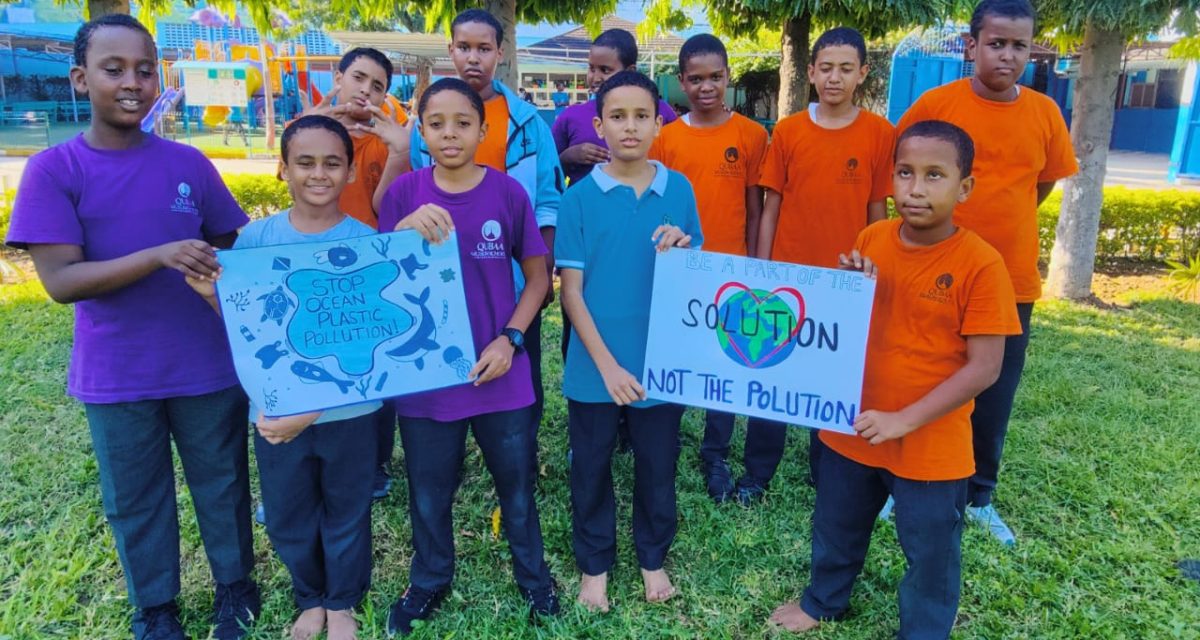Youth Rangers Education Program

Youth Rangers Education Program
One Health Youth Rangers Education Program is a youth program under PAW. The program is based on the one health concept where the interconnectedness of human, animal, and environmental health, and our programs reflect on this holistic approach of environmental ethicists.
The one-year curriculum was introduced to Pwani Animal Welfare in 2021 by Darwin Animal Doctors Organization in New Zealand named “Guardians of the Forest Youth Rangers Program”, having successfully run the program in Indonesia for several years. Pwani Animal Welfare is proud to be one of the pioneers of the program in Africa. PAW has successfully completed the program for since 2021 and impacted over 1050 children between the ages of 11-18 years old.
Program overview
Conducting a One Health approach program to youth helps each youth become a better steward of the earth and its resources, leading to healthier communities, sustainable development, and improved resilience to future health threats on both animals and humans.
One Health Program aims to address a diverse range of interconnected challenges spanning public health, agriculture, environmental conservation, youth empowerment, global health security, and community engagement in plastic pollution.
Overall, our One Health Program aspires to create a holistic and sustainable impact by addressing the interconnected challenges of public health, agriculture, environmental conservation, youth empowerment, global health security, and plastic pollution management, thereby contributing to the well-being of both current and future generations.
Through a multifaceted approach, the project endeavors to achieve several impactful outcomes
By educating communities about zoonotic diseases, proper animal treatment, and environmental conservation, One Health Program seeks to enhance public health outcomes, reducing the prevalence of diseases transmitted between animals and humans.
Through activities such as data collection, surveys to identify local needs, and learning about one health approaches in maintaining ecosystems, our program aims to foster sustainable agricultural practices, ensuring food security and environmental resilience.
By engaging in tree planting exercises, beach clean-ups, and eco-brick making, out initiative seeks to mitigate deforestation, plastic pollution, and the adverse effects of climate change, contributing to improved environmental health and biodiversity conservation.
Through leadership development, theater and drama workshops, public speaking training, and community engagement activities, out One Health Youth Program aims to equip young people with essential skills such as critical thinking, communication, and innovation, empowering them to become active agents of change in their communities.
By fostering participation in global health security initiatives and promoting community-based approaches to disease surveillance and prevention, our One Health. Program aims to enhance resilience against emerging infectious diseases and promote a collaborative response to global health threats.
Through community empowerment initiatives and education on plastic pollution, our Program seeks to raise awareness about the environmental impact of plastics, promote sustainable waste management practices, and foster community-led solutions to mitigate plastic pollution.
